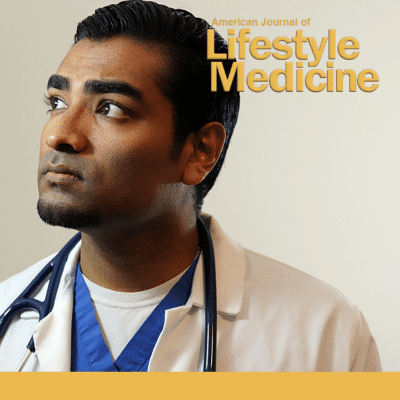Learning Objectives:
- Compare health behaviors in residents or fellows in various medical specialties
- Discuss lifestyle counseling and preventive service perceptions of various resident or fellow specialties
- Identify next steps for future research following this single-site pilot study
- Identify lifestyle behaviors in residents that are suboptimal
“Excellent resource for all who work in medical school and residency education! Amazing opportunities to impact healthy lifestyle behaviors among medical students, residents, and their current and future patients. Lifestyle Medicine interest and demand is increasing at high rates and it’s critical to implement Lifestyle Medicine in training programs to enhance patient outcomes.”
Personal Health Practices and Perceptions of Lifestyle Counseling and Preventive Services Among Residents
Primary care residents are expected to provide lifestyle counseling and preventive services for patients with chronic diseases; also, physicians’ personal lifestyle practice impacts patient care.
The purpose of this article is to assess healthy lifestyle behaviors and attitudes to engage in lifestyle counseling and preventive services among residents and fellows in different training levels and specialty.
Methods. A cross-sectional pilot study was conducted on medical residents and fellows (n = 57). Surveys collected information on lifestyle behaviors and perceptions of lifestyle counseling and preventive services. Comparisons of study measures were made across residents’ specialty and training levels. Fisher’s exact and analysis of variance tests were used for statistical analysis. Results.
There were several significant differences in perceptions of counseling and screening by specialty and training level. There were no significant differences in personal lifestyle behaviors between all resident specialties and training levels. Conclusion. Our findings suggest that there are opportunities to improve healthy lifestyle behaviors and perceptions of lifestyle counseling and preventive services among residents in different specialties and training levels. This knowledge can inform development of training programs in lifestyle and preventive medicine practice during residency and fellowship.

